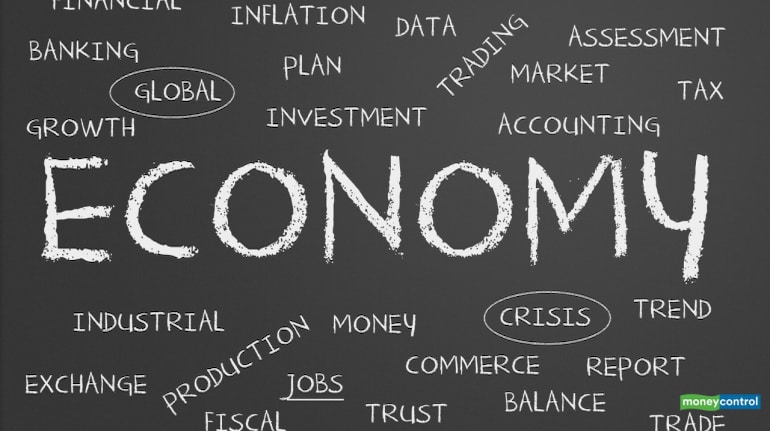



The government on May 8 said it has raised the estimated gross market borrowing to Rs 12 lakh crore from Rs 7.8 lakh crore as per the Budget Estimates for FY21. This is an unusually higher increase in annual borrowing.
What constitutes government borrowing?
Every government needs money to spend on public expenditure such as health, education, defence, infrastructure expansion and so on. For this, governments need to borrow a substantial amount from the market.
Is market borrowing the only way to raise funds?
No. One of the ways governments raise funds is by issuing government bonds to banks and other investors, mainly institutions. But there are other sources such as tax collections, disinvestments, etc
Why is the government borrowing significantly high this year?
Novel coronavirus, or COVID-19 has impacted all budget calculations. The government is running short of funds. With the whole economy under lockdown since March 24, no real economic activity is happening. This means tax collections have slowed to a trickle and government revenue has slowed significantly.
Why can't tax mop-up from GST help bridge the gap?
As no business activity is happening, the government’s Goods & Service Tax (GST) collections have reportedly slowed to about Rs 28,000 crore in March. For context, the average GST collection in a typical month is around Rs 1 lakh crore. In this situation, there is no other way but to hike government borrowing.
Will we see restated budgetary accounts now?
Not sure if government will restate the budget accounts. Yes. That is possible if the government decides to come out with a COVID-19 special budget.
Does this mean a fiscal stimulus is on the way?
Yes. But, for now, this extra borrowing is mainly aimed at covering the likely revenue losses. To reboot the stagnant economy, the government will have to borrow more or find other ways. The reason why the government has delayed the announcement of a fiscal stimulus, despite widespread demand from the industry, is because it doesn’t have enough funds in the exchequer.
Will excess government borrowing lead to a rise in interest rates in the economy?
Certainly, there will be an impact on yields. When there is more supply of government papers in the market, yields are likely to jump. The 10 years G-Sec fell below 6 percent on May 8. Typically, more paper in the market means excess supply with prices coming down and yields going up.
What will be the impact on bond yields?
On May 11, when the market opens, the 10-year bond yield is likely to jump to 6.20 levels and may eventually move up to 6.50 on this announcement.
Who will fund this extra borrowing (i.e buy these bonds)?
Definitely, banks will absorb these papers since there is plenty of liquidity in the market. In a scenario, where the banking system is flush with deposits and there is very little demand for loans, banks can easily lap up these papers.
What will this extra borrowing do to inflation?It is unlikely that inflation will go up since there is hardly any demand in the economy. Inflation spikes when demand is high and supply is low. In a locked-down economy, where is the demand? Hence, there is no question of inflation moving up because of this extra borrowing.
Discover the latest Business News, Sensex, and Nifty updates. Obtain Personal Finance insights, tax queries, and expert opinions on Moneycontrol or download the Moneycontrol App to stay updated!
Find the best of Al News in one place, specially curated for you every weekend.
Stay on top of the latest tech trends and biggest startup news.